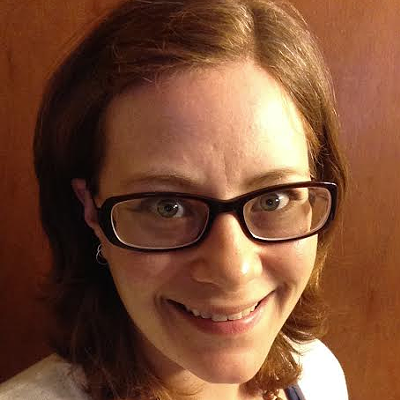In advance of the Denver run, we talked to McGarry about the process of making Code Black, some of the biggest issues in health care and more.
See also: On eight years of sobriety: the wonderful and terrifying reality of an alcohol-free life
Westword: Can you tell us about how this film was created?
Dr. Ryan McGarry: There's an organic quality of the movie in that I first started filming when I was a medical student -- this was all the way in 2008 -- and part of my interest in what I was seeing was this incredibly extreme place where everything about the American health=care system was condensed in this one tiny spot, the trauma bay at Los Angeles County Hospital. I thought that was fascinating. And knowing the facility was being closed in lieu of a more modern facility next door, that was a great impetus to start filming what was going on. That was sort of chapter one, and the story took off from there.
What are the main messages of the film?
I think it's twofold: If you are going into health care, whether you're a nurse or a tech or a doc, when will you see your ideal attacked and what will you do about it? There's a pretty substantial barrier to get into health care. People write essays to get in to graduate programs about why they want to be there. And once you get there, you find that can be chipped at pretty quickly; people become cynical as a result. The first message of the film is, what do you do to protect your patients, and what happened to the provider voice in the whole health-care debate? I'm the least powerful in the patient-doctor exchange.
And you may have heard of the entitlement factor of the Millennials, a common association, and I would be one of them -- the idea that Millennials are entitled and expect great meaning in everything they do. I think that when it comes to health care, that's actually a good thing. It's really a positive sign that you've got an entire generation of providers who expect meaning in what they do. The people I cast in the film -- who aren't that unique -- have all left other industries to come be a physician. My buddy Dave (Pomeranz) was a well-compensated engineer, Jamie Eng was getting her Ph.D. in bioengineering. It's potentially a less-lucrative path, but they felt there was more they could do for the world and for people in health care. That's encouraging to me. I don't know, and can't prove that was the same intent of the last two or three generations of physicians, but I would gather it's a little different now. These are people who get that this isn't a get-rich-quick plan.
And the fascinating thing about the Millennial entitlement -- they should be entitled about that. Your exchange with a doctor should be special every time.
How did you go about putting the film together into a narrative?
As a director, I took an unusual amount of resources from the fiction world. Really, what we wanted to create was an amazing, intense movie. It is a theatrical experience; we're using a camera, and every one of those speakers in the theater is there to make you come on this adventurous journey with us. You're going to feel all of the intensity and the fear and the rumble of a big helicopter coming down, delivering to you, a young doctor, this really sick patient, and it's like -- oh man, what's your plan, here?
I think from an adventure perspective, we were very mindful about wanting to make this an action film. Some of the quieter parts of this movie are my favorite, and it's no less cerebral than the traditional documentaries you might find on PBS, but there's an adrenaline rush to this film. It's summertime, and there's something about being in the theater for that kind of experience that's both eye-opening and entertaining.
What's the significance of the title?
"Code black" is the label at many hospitals for internal disaster, which is not uncommon in a place that has to take all comers, insurance or not, and when you have that kind of an open-door policy, you're going to face tidal waves of patients. And we love that mission, but it's almost impossible to stay afloat -- the beds are at capacity 24/7, we have people in our waiting room for twenty hours at a time, so "code black" is sort of normal.
Is there anything else you'd like readers to know?
If you're a fan of any sort of medical drama, you can take reassurance in knowing this is going to be a much more authentic look at that world, but no less dramatic. This is a very rare kind of peek into that world. The LA County Hospital doesn't usually allow cameras like this, so it was a very unusual amount of access we got over four years.











